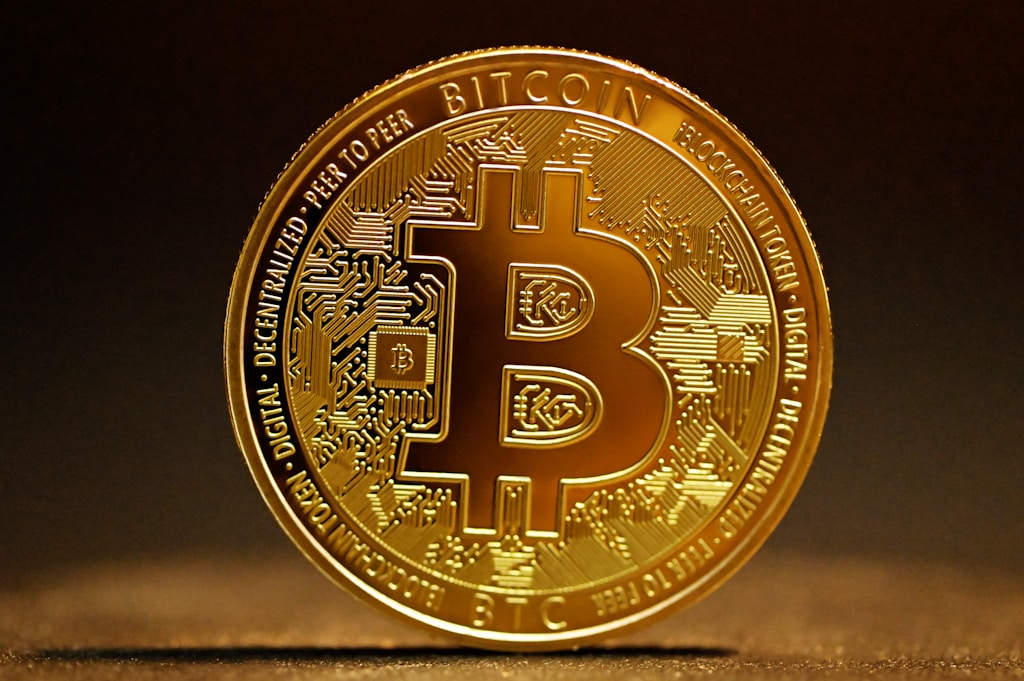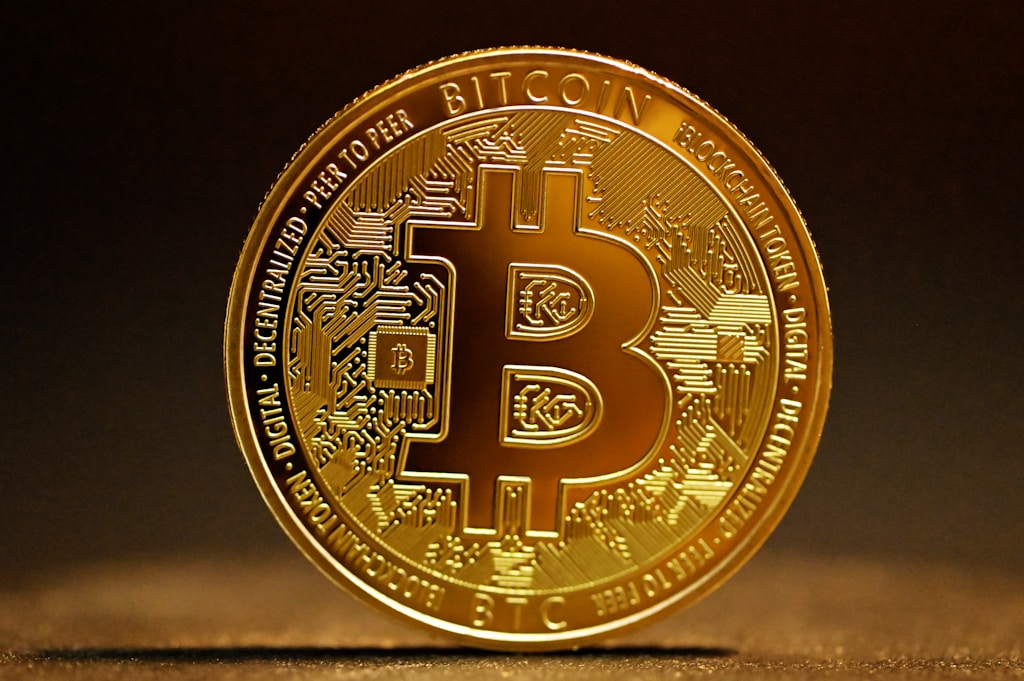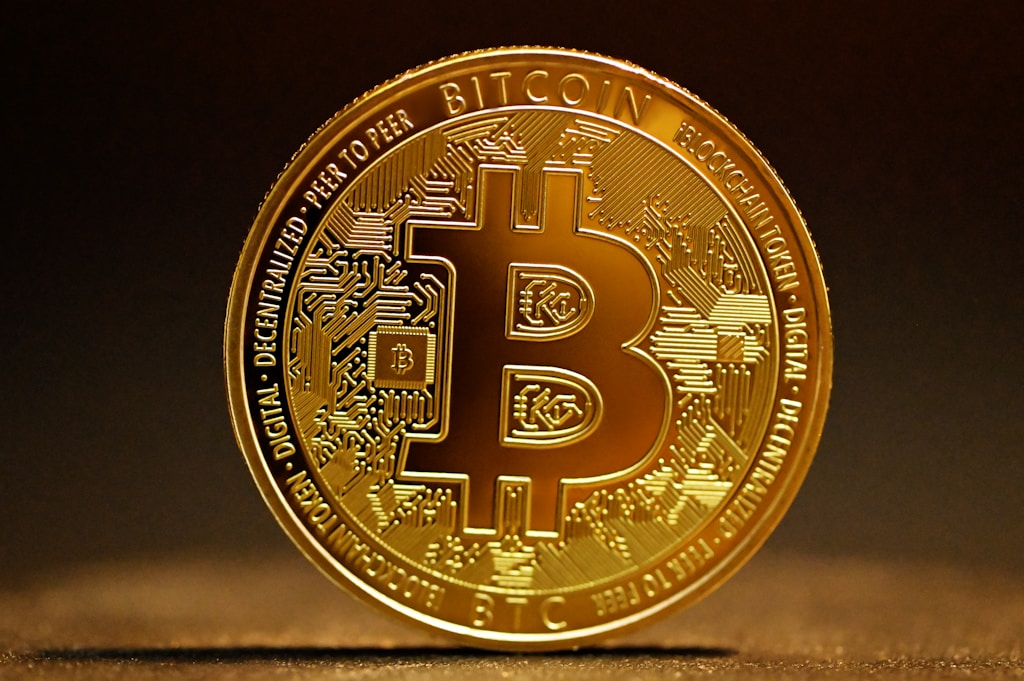In a significant development for the Bitcoin mining sector, U.S.-based mining firm Auradine has successfully raised $153 million in fresh capital, bringing its total funding to over $300 million. This substantial investment comes at a crucial time as Bitcoin’s on-chain metrics signal strong market fundamentals.
Strategic Expansion into AI and Bitcoin Mining
Auradine’s latest funding round demonstrates growing institutional confidence in the intersection of Bitcoin mining and artificial intelligence. The company plans to leverage this capital for:
- Expansion of mining operations across key U.S. locations
- Development of AI-powered mining optimization systems
- Enhancement of sustainable energy infrastructure
- Research and development in blockchain technology
Market Impact and Industry Implications
This significant funding round comes as Bitcoin mining operations globally are scaling up their capabilities. The investment in Auradine signals growing institutional interest in Bitcoin mining infrastructure, particularly as market analysts predict major growth potential in the 2025 cycle.
Frequently Asked Questions
What is Auradine’s total funding to date?
Auradine has raised over $300 million in total capital, with the latest round bringing in $153 million.
How will Auradine use the new funding?
The funding will be used to expand mining operations, develop AI technologies, and enhance sustainable energy infrastructure.
What does this investment mean for the Bitcoin mining sector?
This investment signals growing institutional confidence in Bitcoin mining and the integration of AI technologies in the sector.







